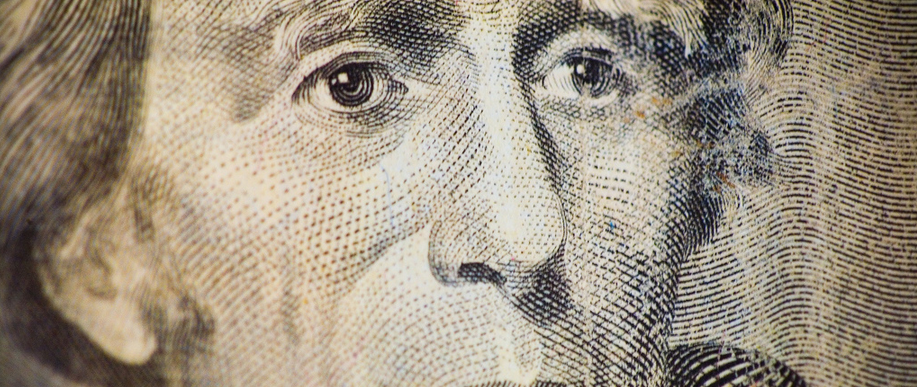Kickstarter finally ends long-time ban on health campaigns
Kickstarter recently announced an end to their long-time ban on health and medical products. As the largest crowdfunding platform, with $1B in pledges since it launched in 2009, Kickstarter originally opted out of the digital health space to focus on creative campaigns such as design, art, and film. (Check out this spreadsheet that details funding amounts raised on both Indiegogo and Kickstarter by category).
Indiegogo has since emerged as the de facto platform for digital health crowdfunding, with $7.8M in funded projects in 2013, and $2.1M raised thus far in 2014. They’re known as the open platform, which means there is minimal (or no) formal vetting of campaigns and a higher percentage of campaign failures. In fact, the majority of healthcare campaigns on Indiegogo fail to raise their goal.
Digital health crowdfunding campaigns in 2013
This accept-all approach has led to what journalist James Robinson dubbed “crowdfunding scampaigns,” like Healbe (a calorie-intake tracking device) and TellSpec (a food scanner that provides nutritional information). Despite raising hundreds of thousands of dollars on Indiegogo, neither of those products have come to market and their scientific viability is questionable (at best.)
Despite the platform’s more infamous campaigns, there are dozens of stories from successful startups who launched on Indiegogo because Kickstarter wasn’t an option, including Misfit Wearables, Scanadu, Owlet, and uBiome. Kickstarter undoubtedly wants a piece of this growing market, although they specifically want to avoid any products that would be under the FDA purview. A Kickstarter spokesperson told the BBC they would still avoid “any item claiming to cure, treat, or prevent an illness or condition—whether via a device, app, book, nutritional supplement or other means.”
This is big news for digital health entrepreneurs. Kickstarter has the largest audience base (their US Alexa rank is 337, compared to Indiegogo’s rank of 779), enabling products to be seen and funded by a larger mainstream audience. We anticipate growth across the board and are excited to see how Kickstarter’s latest moves open up new opportunities for digital health startups.
Learn more about digital health funding in our bi-annual reports where we track crowdfunding alongside venture and angel funding.
